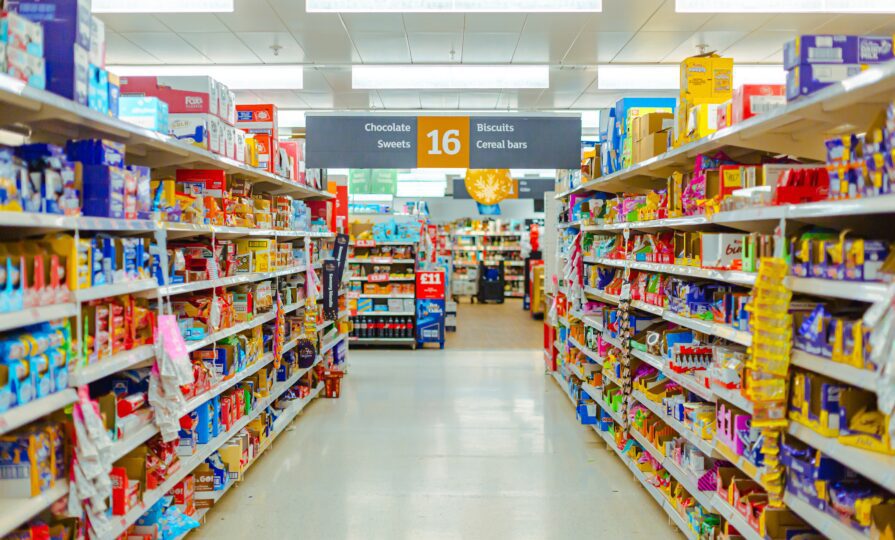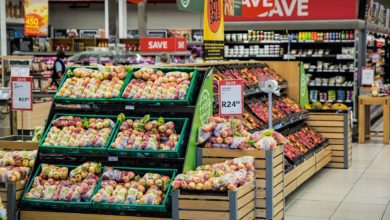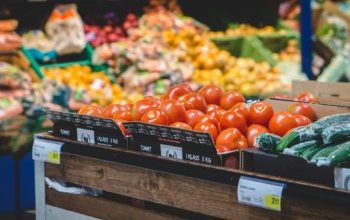BRC warns food inflation could stay above 5% until 2026
The warning comes after official figures from the Office for National Statistics (ONS) showed inflation at 3.8% in August, nearly double the Bank of England’s 2% target

Register to get 1 free article
Reveal the article below by registering for our email newsletter.
Want unlimited access? View Plans
Already have an account? Sign in
The British Retail Consortium (BRC) has warned that food inflation could remain above 5% well into 2026 if the retail industry faces further tax rises in the Autumn Budget.
The trade body said around 4,000 large shops could see higher bills under a government proposal to impose a new business rates surtax on properties with a rateable value above £500k.
While the Treasury has pledged to cut business rates for retail, hospitality and leisure premises, the BRC said extending the surtax to supermarkets and other large stores would increase costs and add pressure to food prices.
The warning comes after official figures from the Office for National Statistics (ONS) showed inflation at 3.8% in August, nearly double the Bank of England’s 2% target. Food inflation was higher at 5.1%, the steepest level since the cost of living crisis of 2022–23.
The Bank of England held interest rates last week, citing concern that food costs were pushing overall inflation higher. Minutes from its Monetary Policy Committee said rising prices were being driven by “labour costs and costs associated with new packaging regulation” as well as global commodity markets.
Retailers have already faced higher costs following measures introduced in the most recent Budget, including a rise in the national living wage, higher employer national insurance contributions and a new packaging tax. The BRC said these added £7bn to costs across the sector.
A BRC survey of 2,000 people, conducted by research agency Opinium, found 57% were most concerned about prices rising faster than wages, compared with 49% who cited tax rises and 26% worried about unemployment. Among working respondents, 61% said pay failing to keep pace with prices was their top concern.
Helen Dickinson, chief executive of the BRC, said: “The government risks losing the battle against inflation and working families are understandably worried. With many people barely recovering from the last cost of living crisis, the chancellor will want to protect households and enable retailers to continue doing everything they can to hold back prices.
“The biggest risk to food prices would be to include large shops – including supermarkets – in the new surtax on large properties. This would effectively be robbing Peter to pay Paul, increasing costs on these businesses even further and forcing them to raise the prices paid by customers.”







